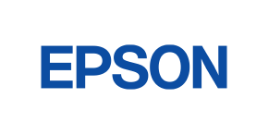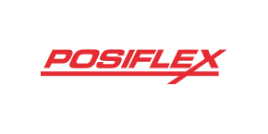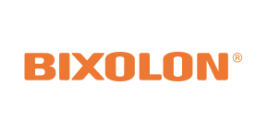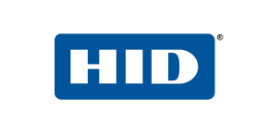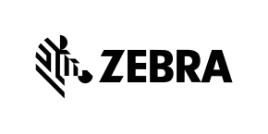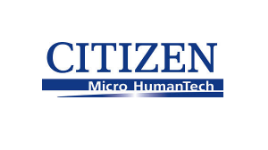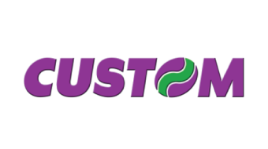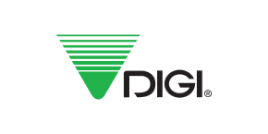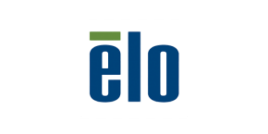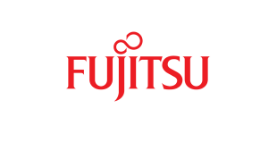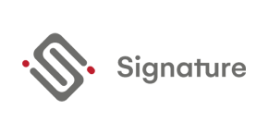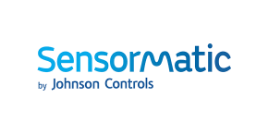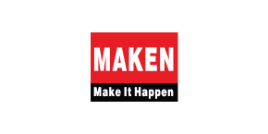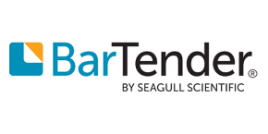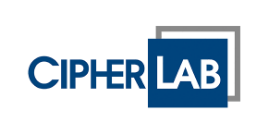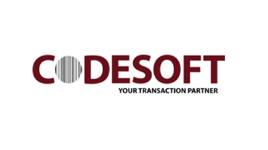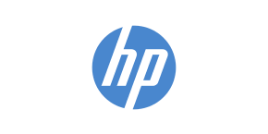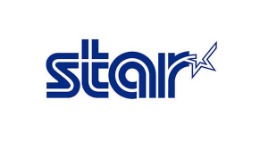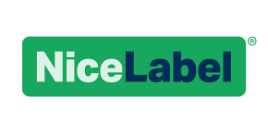You have no items in your shopping cart.
Retail Shops Management
Managing retail stores in today's digital age requires both modern software and hardware to support efficient store management. These software and hardware help in the smooth and effective management of inventory, sales, customer service, marketing, and data analysis. Here are the details of essential software and hardware for retail stores:
Retail Software
- Point of Sale (POS) System: POS software is the core of retail sales, facilitating transaction processing, payment management, and tracking customer purchase history with ease.
- Inventory Management: This software allows precise tracking and management of inventory, reducing stock shortages or excess inventory.
- Analysis and Reporting: Enables the analysis of sales data, customer information, and inventory to support business decision-making with relevant data.
- Marketing and Customer Communication: Software such as CRM (Customer Relationship Management) helps promote sales and build strong customer relationships.
- Employee Management: Assists in scheduling, performance tracking, and payroll management of employees.
Retail Hardware
- POS Machines: Consist of computers or tablets installed with POS software, ensuring smooth sales transactions.
- Barcode Scanners: Enable quick scanning of products and recording of sales transactions.
- Receipt Printers: Used for printing sales receipts or tax invoices for customers.
- Cash Drawers: Used to store cash and cheques from sales.
- Credit Card Readers: Facilitate payment transactions using credit or debit cards.
Choosing the right software and hardware depends on the size and needs of your retail store. It's crucial to select solutions that can support future business growth and offer good customer support.
Retail Management Software and Hardware
- Retail Management Software (RMS) is a tool used for efficiently managing the operations of retail businesses. This software has several features that enable retail stores to successfully conduct their business effectively.
Key Features of Retail Management Software:
- Sales Management: Assists in processing sales transactions, recording sales data, tracking sales, and managing receipts.
- Stock Management: Helps in tracking inventory levels, stock counting, reordering stock when low, and managing deliveries.
- Customer Management System: Facilitates customer data recording, tracking purchase history, and offering promotions to customers.
- Discounts and Promotions Management: Aids in creating and managing promotions, discounts, and special pricing.
- Product Withdrawal Management: Supports the process of product withdrawals, returns, and managing damaged goods.
- Reporting and Analysis: Provides valuable reports and statistics for business analysis and decision-making.
- Financial Management: Helps in billing, payments, account management, and financial reporting.
- Employee Work Management: Assists in tracking employee work hours, scheduling, and managing access rights.
- Multi-store Support: Some software can support multiple branches or franchises.
- Online Management: Helps in managing online sales and online delivery management.
- Security and Data Access Management: Ensures the security of customer and business data.
- Ordering and Delivery Management: Supports product ordering, delivery, and tracking of delivery status.
- Quality Assurance: Aids in product quality certification and quality control.
- Store Setup Management: Helps in managing product placement and store layout.
- Mobile Device Usage: Some systems support usage on mobile devices such as smartphones and tablets.
- Hardware for Retail Management
Choosing computer hardware for retail management should consider your business needs and the retail management software you use.
Components of Computer Hardware for Retail Management:
- Main Computer: The primary computer for running retail management software should have sufficient performance, such as adequate CPU and RAM.
- Monitor: Choose a monitor large enough for comfortable work and capable of displaying sharp images.
- Keyboard and Mouse: Select a keyboard and mouse that are comfortable and smooth to use.
- Receipt Printer: A receipt printer connected to the computer that can quickly print cash receipts.
- Barcode Scanner: A barcode scanner for scanning and tracking products by barcode.
- Credit Card Reader: If accepting credit card payments, you should have a credit card reader connected to the computer.
- Order Printer: If your store has a food or product ordering system, you should have an order printer.
- Speakers or Headphones: Used for notifications or sound control in the store.
- Cash Drawer: A cash storage device that opens automatically upon payment.
- Additional Equipment: Other necessary equipment depending on your business type, such as data storage devices, security devices, or product display equipment.
- Networking and Internet: A network system and internet connection are essential for online operations and communication.
- Display Devices: For showcasing products or promotions in the store.




